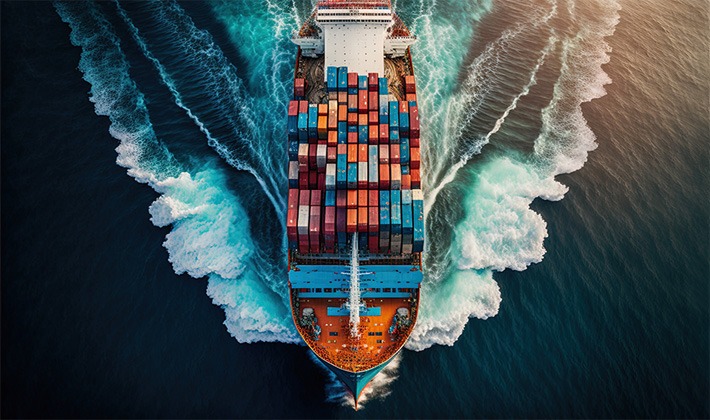
The logistics industry is on the brink of a transformative era, driven by the rapid advancement of technology and changing market dynamics. As businesses across the globe look to streamline operations and enhance efficiency, the integration of logistics services coupled with the power of advanced analytics is setting the stage for a new future in the logistics industry.
Future of Logistics Industry: The Rise of Integrated Solutions
In an increasingly complex global market, the need for integrated logistics solutions has never been greater. Companies are moving away from siloed operations, where different components of the supply chain are managed independently, to a more holistic approach. nVision Global is at the forefront of this shift, offering integrated solutions that combine freight audit, payment, and claims solutions with transportation management systems (TMS) and freight spend analytics.
These integrated solutions allow for seamless communication and data sharing across different stages of the supply chain, reducing redundancies and increasing efficiency. By linking these disparate elements, companies can expect not only cost reductions but also improved service delivery and responsiveness to market changes.
The Role of Advanced Analytics
Advanced analytics transform vast amounts of logistics data into strategic insights that drive decision-making. Through the use of machine learning algorithms and big data technologies, nVision Global’s advanced analytics can predict trends, optimize routes, and enhance resource allocation. These capabilities allow businesses to anticipate market demands, adjust to disruptions smoothly, and maintain competitive advantage.
- Predictive Analytics: Using historical data, predictive analytics can forecast future demand and identify potential supply chain disruptions before they occur. This foresight enables proactive measures, ensuring that companies can adjust their strategies to mitigate risks.
- Prescriptive Analytics: More than just predicting future scenarios, prescriptive analytics suggests course actions to take advantage of the predictions. This could involve recommendations for adjusting delivery routes, changing suppliers, or altering inventory levels to optimize performance.
Integrating Analytics into Every Layer of Logistics
The future of logistics and supply chain management lies in embedding analytics into every layer of the logistics process. From initial procurement through to last-mile delivery, every step can be optimized with data-driven insights. nVision Global’s integrated systems are designed to leverage these insights, ensuring that decisions at every point are informed by real-time data.
Sustainability and Efficiency
A significant trend in logistics is the push towards sustainability. Advanced analytics aid in this by optimizing routes and loads to minimize fuel consumption and carbon emissions. Integrated solutions also reduce waste by improving inventory management and streamlining the supply chain, contributing to more sustainable business practices.
Conclusion
As we look to the future of logistics technology, the sector will increasingly rely on integrated solutions and advanced analytics to navigate its complexities. nVision Global is leading this change, providing the tools and insights needed for businesses to thrive in a dynamic and challenging global landscape. By embracing these advancements, companies can look forward to a future where logistics operations are not only more efficient but also more adaptable and resilient to the fast-changing global market.